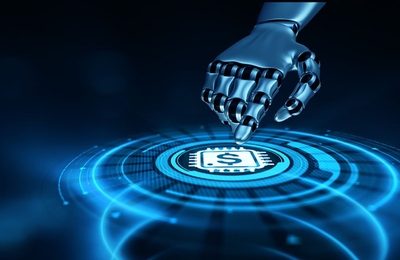 Fair warning, this article contains some pretty tech heavy stuff. Quantum computing is the next step in technological progress and even the most bespectacled of science boffins haven’t got it mastered yet.
Fair warning, this article contains some pretty tech heavy stuff. Quantum computing is the next step in technological progress and even the most bespectacled of science boffins haven’t got it mastered yet.
However, things are moving fast and some people think that we could see exponential progress over the next decade.
While quantum computing is unlikely to make it into your laptop or smart phone any time soon, the super computers that run the world are already starting to explore using this new technology, and that means it is only a matter of time before stock markets, online bookmakers, software developers, and the world of banking and finance feel its impact too.
This all has a knock on effect for anyone who gambles online, and we are going to explore what those effects might be below.
Why Would Quantum Computing Impact the Gambling Industry?
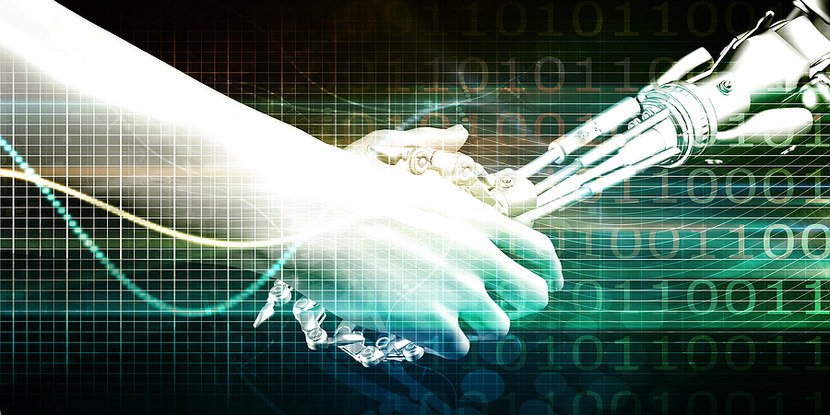
You may or may not know, but many of the products available in the online gambling world are run using mathematic algorithms.
A random number generator (RNG) runs all of the online casino games that you play for example (apart from live dealer games), simulating randomness to as fine a degree as possible; and although there are real human odds traders beavering away out there to provide sportsbooks with markets, much of the work is done by computers when it comes to supplying those odds at the margins desired by the various different bookie sites. What’s more, the digital security that keeps your casino accounts safe is all managed using extremely complicated and sophisticated encryption technology, from banking to data protection.
With so much of the industry reliant on the latest tech it stands to reason that a global step forward in computing might change things. Google apparently has a quantum computer that is 100 million times faster than the fastest current machine in its’ lab, which gives you some idea of the potential here.
Before we get into that though, let’s give you a very quick science lesson. We promise it won’t be boring, and if you do find it boring then remember, only boring people get bored (our science teacher told us that), so it’s your own fault.
And if you found that last paragraph confusing, you’ll have absolutely no chance with the next section!
The Problem with Modern Computers
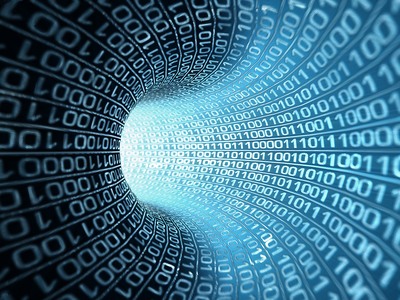 Computers as we know them today store and process information using ‘bits’, which are basically single units of information. You might have heard of binary code and this is what it refers to, as each bit can only show an outcome of either a 1 or a 0 – it’s binary.
Computers as we know them today store and process information using ‘bits’, which are basically single units of information. You might have heard of binary code and this is what it refers to, as each bit can only show an outcome of either a 1 or a 0 – it’s binary.
Different combinations of these bits represent real information, with longer sequences representing more complex info.
For example, the letter A is represented by the following code made up of 8 bits:
- 01000001
The address of this website is made up of more bits than we are willing to count and would look like this:
- 01110111 01110111 01110111 00101110 01100010 01100101 01110100 01110100 01101001 01101110 01100111 01110111 01100101 01100010 01110011 01101001 01110100 01100101 01110011 00101110 01101111 01110010 01100111 00101110 01110101 01101011
That’s just for a line of text, so you can imagine how many bits you would need to run a casino game or a live betting match tracker on a gambling website.
Think of it like morse code; all those dots and dashes coming after one another can spell out an entire book if you listened for long enough.
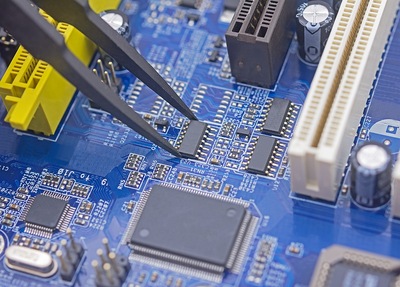 These bits flow through tiny transistors that live in your computer, and they can either block or allow the information to run through, a bit like a tap that has information flowing through it instead of water. They can be turned on or off depending on the information we want to let through.
These bits flow through tiny transistors that live in your computer, and they can either block or allow the information to run through, a bit like a tap that has information flowing through it instead of water. They can be turned on or off depending on the information we want to let through.
The thing is, technology is progressing so fast that computer parts are getting smaller and smaller to allow faster performance, so everything contained in them is getting smaller too. Too small in fact, and current processes are almost at their physical limits. The tiny parts that make up computer boards are now almost as small as an atom, and if they get much smaller the bits (the information) might be able to bypass the transistors (the taps) even if they are switched off.
This is called quantum tunnelling, and as you can imagine, it will make controlling the flow of information impossible. That means we will hit a roadblock in technological progress, unless…
Quantum Computing Solution
 Once we get into the quantum world, the physics works differently. That’s right, physics changes.
Once we get into the quantum world, the physics works differently. That’s right, physics changes.
This could get eye bleedingly complicated if we try and explain it in too much detail, but essentially, quantum computers use qubits instead of bits, and although these qubits still represent information using 0s and 1s, a qubit can be both at once.
Imagine a perpetually spinning coin; it is neither heads nor tails until it lands – but while it is spinning it is both. This is the state a qubit is in.
While qubits are in this state of being both 1 and 0 values, they are known as being in ‘superposition’. It is only when they are measured in some way that the coin stops spinning and they actually take on a value, plus, they can take on a different value if they are measured again in a different way so they are multi-purpose.
This allows each qubit to represent a lot more information, and when you put them next to each other the effect compounds; since each qubit can be either 1 or 0 you need far fewer of them to represent the same amount of information that would require many bits.
They have other abilities too like entanglement, but we won’t go into that. The upshot is, quantum computing allows information to be processed far more quickly, enabling quantum computers to tackle much more complex problems with ease.
If you asked Arnie, Van Damme, and Dolph Lundgren to pull a truck down the road in their heyday, the three of them would make light work of it. They are the qubits. It would take 20 or more regular blokes to do the same thing, and they would be the bits.
Of course, Chuck Norris would be able to do it all on his own just by narrowing his eyes…
The Impact of Quantum Computing on Gambling
Now you understand a bit about what quantum computing is, we can circle back to our original point.
If the machines that run the gambling websites we use can complete more difficult tasks with less effort, what sort of impact will that have on gamblers?
Fairness
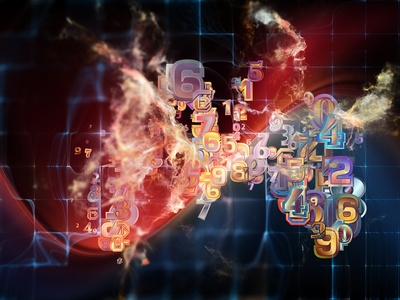 It is often explained, and we have said the same ourselves on this very site, that an RNG ensures that an online gambling game is fair. Games cannot be rigged or hacked because the RNG controls the game, not a human.
It is often explained, and we have said the same ourselves on this very site, that an RNG ensures that an online gambling game is fair. Games cannot be rigged or hacked because the RNG controls the game, not a human.
Complex algorithms are built into each game by the developers, ensuring that the results are random and that the game pays out in accordance with its stated RTP.
RNGs are not programmed to scam anyone, and even if someone tried to program them in this way, they are checked and tested by independent bodies before they are released on the paying public, so it would be spotted before any damage was done. That said, by their very nature they are not ‘truly’ random.
They simulate randomness as closely as it is currently possible to do so, but quantum computing could remove even that last tiny slither of doubt.
If quantum theory is introduced to our online casino games, the constant stream of information (ever changing 0s and 1s) could ensure that every spin is truly random.
Security and Safety
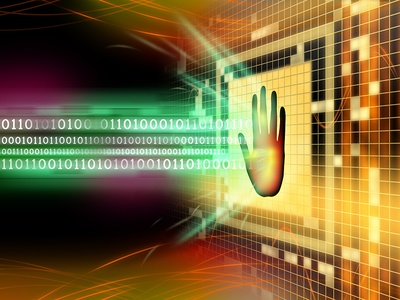 Current online security and encryption used by financial institutes is pretty darn good, but as we know from the odd news article that pops up from time to time, they are not infallible.
Current online security and encryption used by financial institutes is pretty darn good, but as we know from the odd news article that pops up from time to time, they are not infallible.
Most of us don’t have to worry as the first £85,000 held in each account is insured so if anything happened you would be guaranteed to get it back, but what if it was impossible for a hacker to crack the code?
This is the power of quantum.
Our data and financial information could be stored in such a way that it would be impossible for a security breach to occur, so the chances of our online accounts being infiltrated or of scammers taking advantage of people using a certain payment method would be zero.
Gaming
 Games take a lot of processing power, so if there is less information to process then game performance should be able to improve no end once software developers get to grips with quantum.
Games take a lot of processing power, so if there is less information to process then game performance should be able to improve no end once software developers get to grips with quantum.
This could impact not only the way the games run but also the type of games we are able to play. Things that are as of yet not possible may become reality, and new game features not yet dreamt up could come thick and fast creating unimaginable levels of diversity.
It could even be possible for whole games to be generated using quantum power with very little elbow grease from developers, and they would be better than the ones we play today. Could this create a world where players can even create their own games with all of the elements they love just be checking a few boxes, then being able to play those games for money?
The visuals could also be more unique, with random auto generation making game backgrounds come to life and even change as the game is played. The potential when it comes to immersion is off the charts.
Online Poker
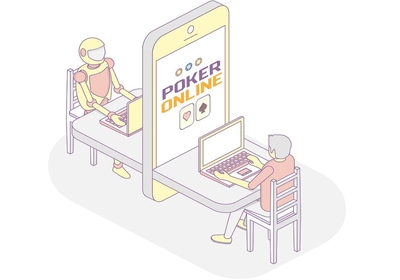 In 1997, an IBM computer played a game of chess against grandmaster and world champion, Garry Kasparov, and became the first computer to beat a human being at the game.
In 1997, an IBM computer played a game of chess against grandmaster and world champion, Garry Kasparov, and became the first computer to beat a human being at the game.
That was over 20 years ago; imagine what a computer 100 million times faster than a modern day computer could do during a game of poker.
Quantum could calculate every possible scenario before a human being had even picked up their cards, so who in their right mind would waste their money trying to beat it?
There already exists a problem with bots playing against real people in online poker rooms, but if those bots were quantum computers online poker could very quickly grind to an eternal halt as trust disintegrates.
Betting
 If quantum can process calculations much more complex than our current computers can and in less time too, then it could perhaps be used to both improve the effectiveness of elements such as live betting odds, as well as being used by clued up bettors on the other side of things.
If quantum can process calculations much more complex than our current computers can and in less time too, then it could perhaps be used to both improve the effectiveness of elements such as live betting odds, as well as being used by clued up bettors on the other side of things.
Quantum computing could, in theory, fairly successfully predict the winner of games and competitions by crunching tonnes of data in record time.
Once bookies get access to this sort of tech it will only be a matter of time before bettors do too in one form or another. It’s unlikely that an individual will be walking around with a quantum computer in their back pocket, but in the same way that paid monthly matched betting companies have cropped up over the years we could see services for gamblers offering quantum software.
This might make the whole process fairly pointless once both ‘sides’ have access to the technology, and what would happen to betting then?
Well it could end up defunct; why would we bet on something if we know that the bookie could never get things wrong? Why would a bookie offer odds if they knew the customer was using the same tech as them to predict the outcome?
Alternatively, we might have to find new ways of betting altogether, or at least new markets. There are things we can’t currently bet on because their probabilities are too difficult to work out, but with the help of quantum computing it might be easier to build odds on them.
Quantum Computing and the Stock Market
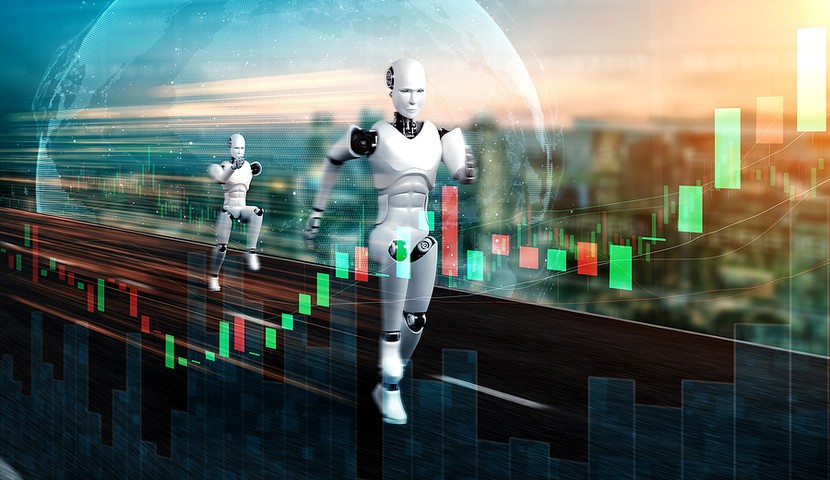
A lot of people will tell you that the stock market is essentially a casino. This isn’t really true unless you do no research and pick your trades at random, but nevertheless you are risking any money you invest just like you risk any money that you wager on the horses.
Algorithmic trading has been a thing for many years now, and in fact it is estimated that at least 60% and up to 73% of all trading done in America is automated. This means that computers are tracking the markets, completing many lighting speed calculations, and then making decisions on what to buy and sell, in what quantities, and when.
It means that thousands of trades can be made in the blink of an eye, and although there are human eyes monitoring what is going on, no person can react as fast as a computer. This has caused problems on a number of occasions, but quantum computing could make it much more reliable and effectively render human traders defunct.
This leads us into the territory of computers taking over, and the question of how much we trust them to do what they are supposed to do without glitching and crashing the global economy needs to be asked.
 On a more human level, it takes a lot of the skill, the value of experience, and even fun out of trading; a lot of people enjoy researching companies, funds, commodities etc.
On a more human level, it takes a lot of the skill, the value of experience, and even fun out of trading; a lot of people enjoy researching companies, funds, commodities etc.
In a world where a super computer owned by one company is racing a super computer owned by another to make trades at optimal times, there isn’t much room for a human being who studies the markets and makes educated decisions about which companies are going to grow in value.
Then again, market downturns are often fuelled by fear – a very human condition which leads to panic selling, much higher volatility, and ultimately people losing a lot of money. Removing that fear might also give all of the markets much more stability.
